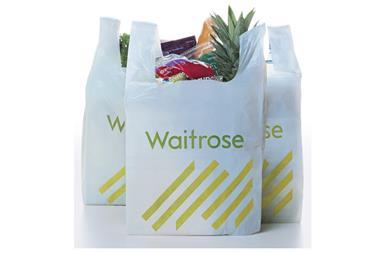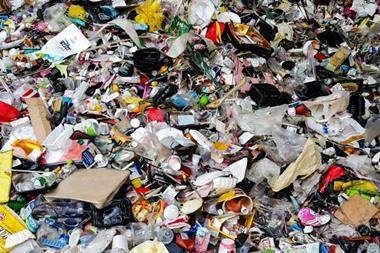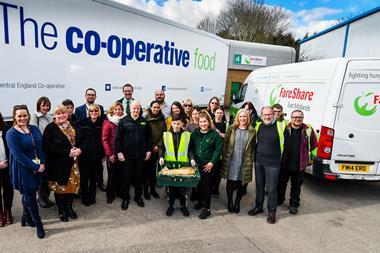Shoppers to prioritise plastic waste reduction over price

Reducing plastic packaging waste will become more important than price for shoppers in the next 10 years, new research claims.
Plastic reduction will be the main purchase driver for 62% of shoppers
ALREADY HAVE A REGISTERED USER ACCOUNT? PLEASE LOG IN HERE
To read the full story join the ConvenienceStore.co.uk community today!
Registration is quick and easy and provides access to:
- Unlimited ConvenienceStore.co.uk articles
- Our great range of newsletters
- Content you’ve saved for later via the ‘my library’ feature
And much more…






























